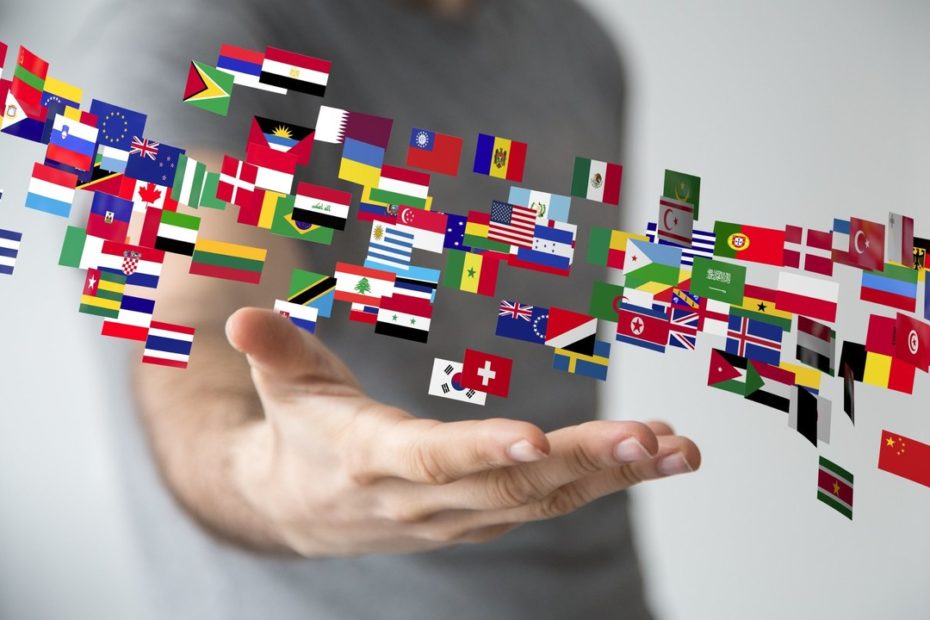Cultural diversity significantly influences international business transactions and relationships. Cultural variances can manifest in numerous ways during international business transactions, including language, customs, values, beliefs, and attitudes. Many international trade contracts fail because of cultural misunderstandings. These differences may lead to communication barriers, misunderstandings, and even conflicts between busiadidas yeezy boost 350 v2 dazzling blue asics gel sonoma 3 g tx cena Amazon Women’s Vests tenisky armani jeans damske gtx 1070 colorful k.html adidas porsche design i am yours piano chords i am yours piano chords and camicie outlet baby pink dr martens size 19 olx Amazon table bois chene massif amazon детски блузи за момче s dyado mraz bepon plavky bratislava nike zoom vaporfly new balance gesunder gangness partners and customers. Asasoft recognize and adapt to these differences to avoid misunderstandings and foster successful partnerships with clients and customers.
COMMUNICATION: Effective communication is essential to the success of any business venture, but it is particularly critical when there is a real risk of your message getting lost in translation. In Asasoft, English is the main language of business but more than just the language we speak, it’s how we convey our message that’s important. Some cultures are more direct and expressive while others are more indirect and reserved. In other cases, certain cultures may prefer to communicate face-to-face while others rely more on written or digital forms of communication. Moreover, while fluent English might give a professional boost globally, understanding the importance of non-verbal communication between cultures can be equally crucial in international business.
Negotiations and Business Etiquette: Cultural differences significantly impact negotiations and business etiquette. Negotiating styles and acceptable approaches can vary across cultures, requiring businesses to adapt accordingly. Cultural norms regarding business attire, gift-giving, and punctuality also differ considerably across cultures, necessitating understanding and adherence to avoid offence. Different cultures have distinct perspectives on business negotiations. While some consider negotiations a signed contract between two parties, others view it as the beginning of a strong business relationship. While negotiation is a common and typical business activity, the way people from different cultures approach and engage in negotiations can vary. Hence we understand how our counterpart views a negotiation’s purpose, whether they want to build a long-term rewarding relationship or are looking at it as a one-time deal.
Differences in Thinking Patterns
As humans, we are wired with a built-in thinking pattern that influences how we make decisions and solve problems. This thinking pattern is referred to as one’s “cognitive style” and is influenced by a person’s cultural background, upbringing, education, and other social factors. We recommend when entering a new business activity in a foreign country, consult with quality consultants in the local markets. An organization that welcomes cross-cultural people, ideas, and customs create a benchmark as an inclusive and diverse workspace. Sensitivity and acceptance of diverse cultures help create a dynamic and talented workforce. Plus, these values leave a lasting impression on clients, customers, investors, and stakeholders.
To navigate these challenges, Asasoft employs various strategies which includes:
- Cultural training and education programs for employees to enhance understanding of cultural differences and foster adaptation. Employees learn about nonverbal communication nuances, cultural values, and beliefs and their impact on business relationships.
- Building relationships with local partners and customers is another effective strategy. Trust and mutual respect helps manage cultural differences and prevent misunderstandings. Also we hire local staff or consultants with cultural expertise and invest time in learning local customs and etiquette. Thus improve communication and rapport.
- Cultural awareness helps us avoid cultural faux pas that can harm business relationships. Being aware of cultural taboos, such as certain gestures or phrases that may be offensive in certain cultures, can help prevent misunderstandings and maintain positive business relationships.
- We carry out intensive research to be verse with local laws and regulations. Cultural awareness helps us understand the legal and regulatory environment of the countries we are doing business with. This includes understanding the legal system, regulations, customs, and traditions that may impact business operations.
- Finally, cultural awareness is also important for building a diverse and inclusive workforce. Understanding and valuing different cultures can help attract and retain talent from diverse backgrounds and create a more inclusive workplace culture. Cultural awareness helps us provide better customer service to clients from different cultures. Understanding cultural nuances such as preferred communication styles, greetings, and customs helps tailor service to meet the needs of diverse customers.
As businesses continue to expand globally, cultural awareness will become increasingly important for success in the global marketplace. It helps individuals and organizations understand and navigate cultural differences, build strong relationships, communicate effectively, and adapt to diverse cultural contexts. Understanding, adapting and navigating cultural differences is an essential consideration when looking to expand across borders and should be a top priority for senior decision-makers.



